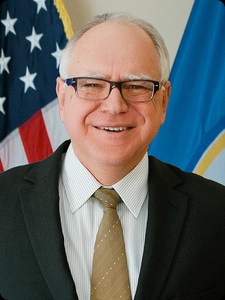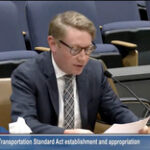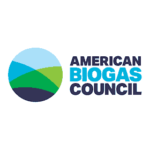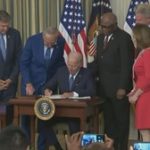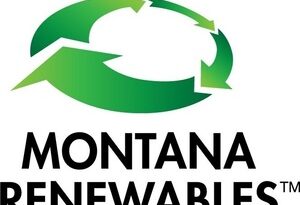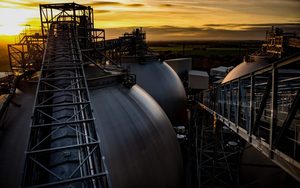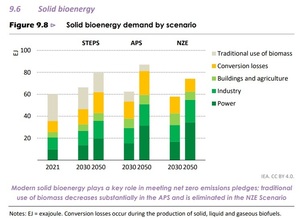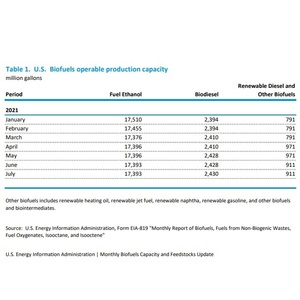Minnesota takes initial steps to develop new Clean Fuel Standard
Energy Disrupter
ADVERTISEMENT
Minnesota Gov. Tim Walz on Oct. 7 directed state agencies to explore ways to reduce climate change impacts from transportation fuels. As part of that effort, state agencies will begin work to develop a new Clean Fuel Standard for Minnesota.
The process will be led by the Minnesota Department of Agriculture and Minnesota Department of Transportation and will engage a broad group of stakeholders statewide to identify shared goals and opportunities that will help inform the development of a CFS. The agencies will provide a report summarizing the results and recommendations in February 2022.
“Minnesota can lead the way in addressing climate change in a way that supports new jobs, reduces pollution, and helps ensure our children have clean air to breath and clean water to drink,” Walz said. “That’s why our Administration will work with private, non-profit, and government partners and Minnesotans to address climate change while creating jobs across the state.”
“Minnesota has a long history of working together to tackle big challenges,” said Lieutenant Governor Peggy Flanagan. “More collaborative and creative solutions are needed to reduce future impacts of climate change on Minnesota communities. Listening to and learning from stakeholders and affected community members is key to our continued success. If we do this right, we can grow our economy while reducing climate impacts to future generations.”
“Transportation is the largest contributor to climate pollution in Minnesota and the United States. A Minnesota Clean Fuels Standard could reduce more than 50 percent of climate pollution from the transportation sector by 205 ,” said Department of Transportation Commissioner Margaret Anderson Kelliher. “Minnesotans want the cleanest fuels available, and a Clean Fuels Standard will help drive innovation and create new economic opportunities while supporting our state’s climate goals.”
“We have tremendous agricultural and forest resources and potential for renewable energy in Minnesota that could benefit from new market opportunities that a Clean Fuels Standard would bring,” said Department of Agriculture Commissioner Thom Petersen.
The American Coalition for Ethanol has welcomed the state’s effort to develop a CFS. “We thank Governor Walz for issuing this directive to explore and pursue a new Clean Fuel Standard in Minnesota,” said Brian Jennings, CEO of ACE. “The Governor’s action today combined with the significant progress the bipartisan Future Fuels Act made in this year’s Minnesota legislative session demonstrates real momentum for getting a CFS in the state. A properly crafted CFS will increase the use of E15 and higher blends in the state and reward farmers for climate-smart practices that help reduce the lifecycle greenhouse gas (GHG) emissions of corn ethanol.
“We are proud that the Future Fuels Act legislation and Governor’s efforts are in part based on the groundwork by the Great Plains Institute, ACE, and others to form the Midwest Clean Fuels Policy Initiative, a diverse coalition of agriculture, environmental, scientific, electric vehicle, and biofuel organizations in support of a technology-neutral and market-based approach to decarbonize transportation fuels,” Jennings continued. “Rather than having the government pick winners and losers, our coalition supports a portfolio of low carbon fuels, a level playing field, and fair competition to benefit biofuel producers, consumers, agriculture, utilities, and public health. We are grateful the Future Fuels Act is modeled after recommendations our coalition published in 2020, A Clean Fuels Policy for the Midwest.”

